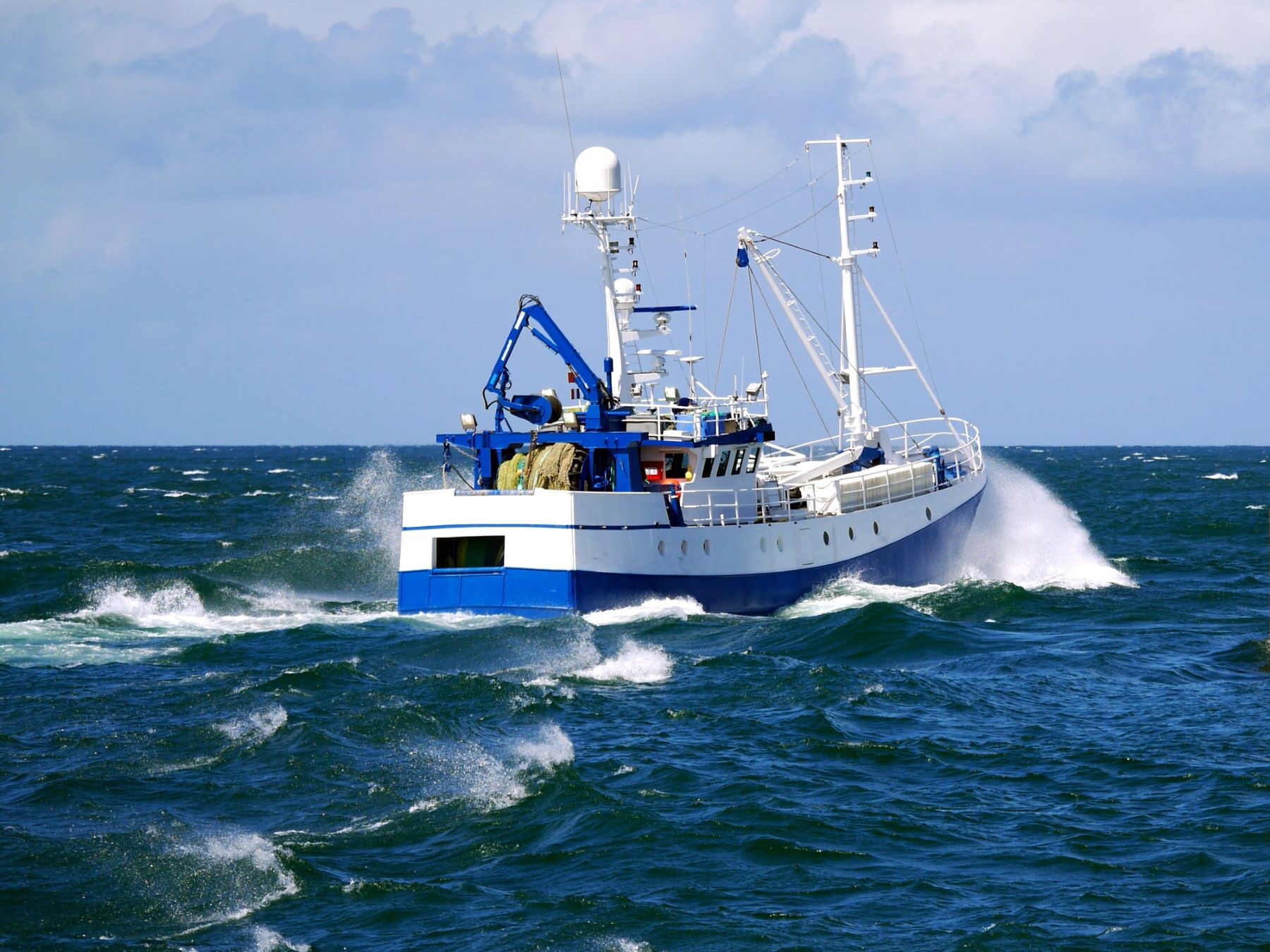Against European and national regulations that promote conservation of the marine ecosystemSpain still licenses bottom trawling in areas marinas protected: in the Mediterranean Sea, the Cantabrian Sea and the Gulf of Cádiz.
Marine Protected Areas
Environmental organizations Oceana and ClientEarth are taking legal action against the Spanish government for systematically allowing bottom trawls in areas marinas protected areas (AMP) in Spain. Allowing this activity in a general manner in these areas constitutes a violation of national and community rules environment and the conservation of marine ecosystems. Spain must draw up a plan once and for all to initiate a just transition to a long-term sustainable fishing model, involving the affected fishermen.
Spain, under governments of different political backgrounds, has failed to comply with these Spanish and European laws for decades by allowing bottom trawls in the MPAs in the Cantabrian Sea, in the Gulf of Cádiz and in the Mediterranean Sea. Are areas harbor vulnerable habitats and emblematic and protected species such as the hawksbill turtle and the bottlenose dolphin.
Michael Sealey, political advisor for Oceana in Europe, explains that “we are taking legal action against the government of Spain because this has been allowed for more than thirty years. trawling in marine protected areas without considering the environmental impact this destructive practice has on them. According to European and national laws, Spain has a duty to adequately protect and manage these areas designated for their high ecological value and to prevent their degradation. We ask that the areas marinas “Protected companies are no longer a piece of paper and enjoy real and effective protection.”
Francesco Maletto, marine conservation lawyer at ClientEarth, states that “these areas off the Spanish coast need to be protected because they essential for biodiversity and climate protection and the fishing sector. That is why there are EU regulations that guarantee their protection. But Spain is violating these laws by allowing widespread destructive bottom trawling in these areas. This endangers the most vulnerable habitats and fauna. We will take the matter to court to ensure that ‘protected’ really means ‘protected’.
Oceana and ClientEarth are suing the Government of Spain in the National Court for granting permits that systematically allow bottom trawling in areas marinas protected, without having done anything evaluation of their impact on marine ecosystemsas prescribed by European regulations.
The Bottom trawling in marine protected areas poses a serious threat for marine ecosystems and endangers the role of the ocean as a mitigator of climate change. Furthermore, it also threatens the long-term sustainability of the fishing industry, as these areas are important breeding and reproduction areas for many commercial species. Spain should take these factors into account as the country has one of the largest fishing fleets in the European Union.
The government must take action and align its fishing objectives with its conservation obligations. For example, effectively protect 30% of waters by 2030 via AMP, according to European Union regulations.
Other countries in the Community, such as Greece and Sweden, are already taking action in this area. In fact, they announced it publicly restrict or prohibit trawling in all funds in their area marinas protected, and the Scottish Government’s twenty MPAs have already proposed their ban.

